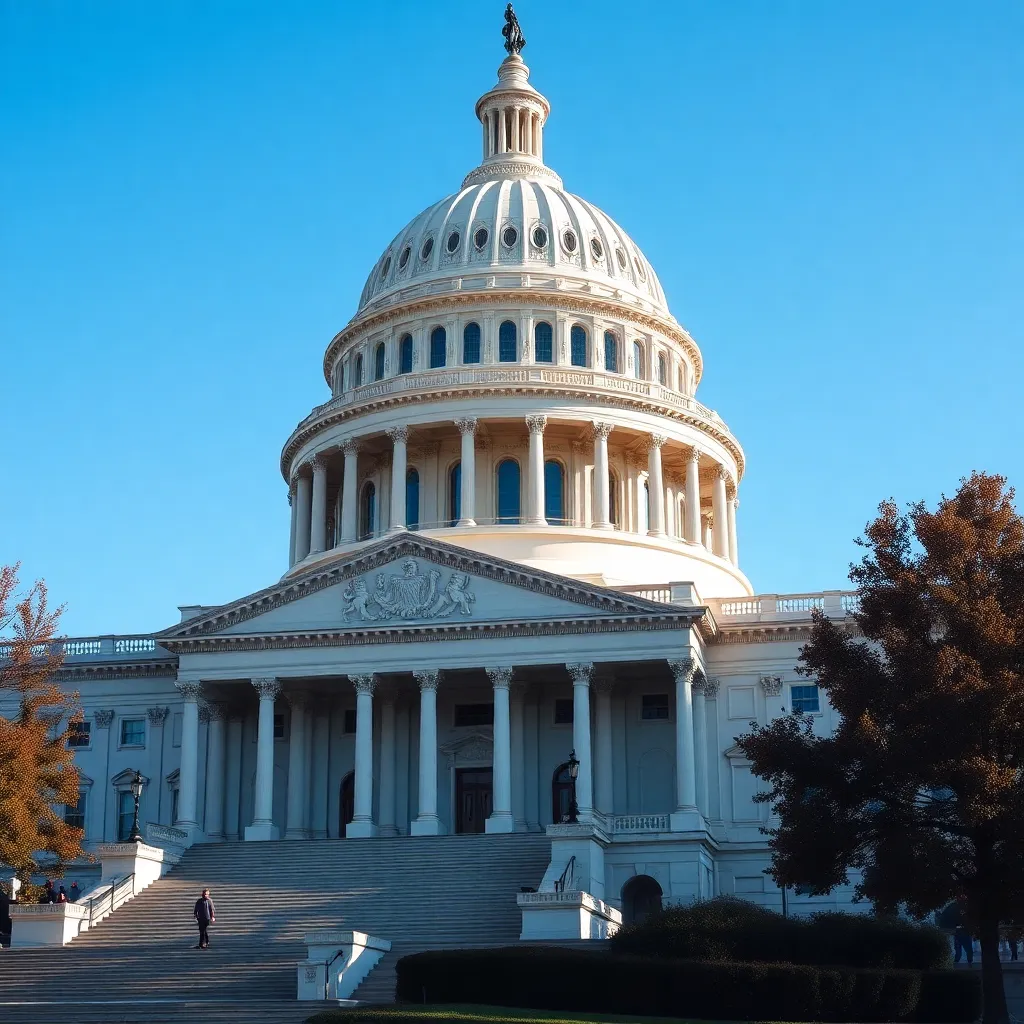
The US Senate has approved a significant change to the Social Security program, paving the way for increased retirement payments to certain beneficiaries. The move comes despite concerns about the long-term fiscal implications of the measure.
According to reports, the Congress passed the measure in the early hours of Saturday, December 21, with the aim of boosting Social Security retirement payments to some recipients. The exact details of the plan, including who will be eligible for the increased payments and how much they can expect to receive, are yet to be disclosed.
The decision has been met with a mix of reactions, with some lawmakers hailing it as a much-needed support for vulnerable Americans, while others have expressed concerns about the potential strain on the already-fragile Social Security trust fund.
As the US population ages and the number of retirees grows, the Social Security program has come under increasing pressure. The trust fund, which is used to pay out benefits, is projected to run out of money by 2035, according to the Social Security Administration’s own estimates.
The latest move by Congress is seen as a stopgap measure to address the immediate needs of certain beneficiaries, but critics argue that it does not address the underlying fiscal challenges facing the program.






